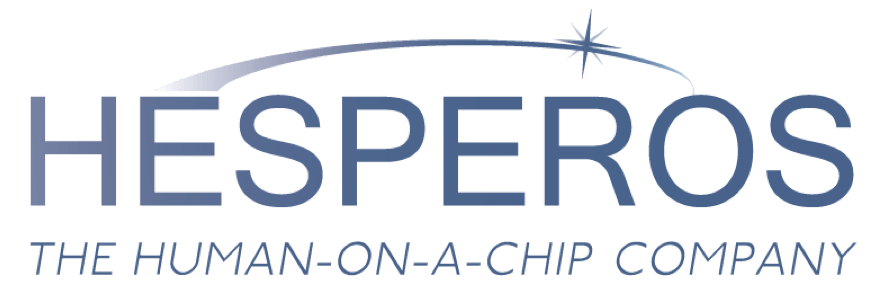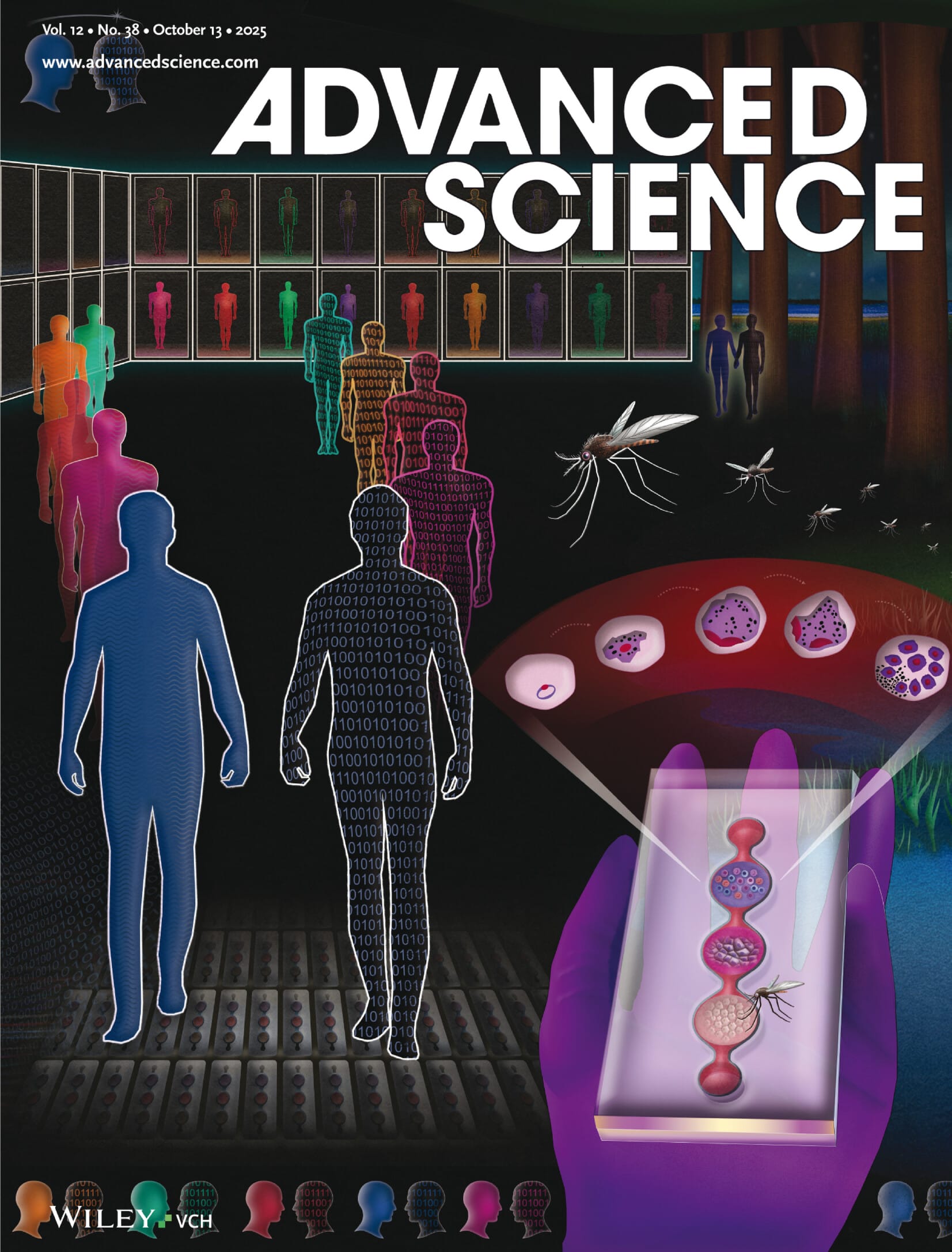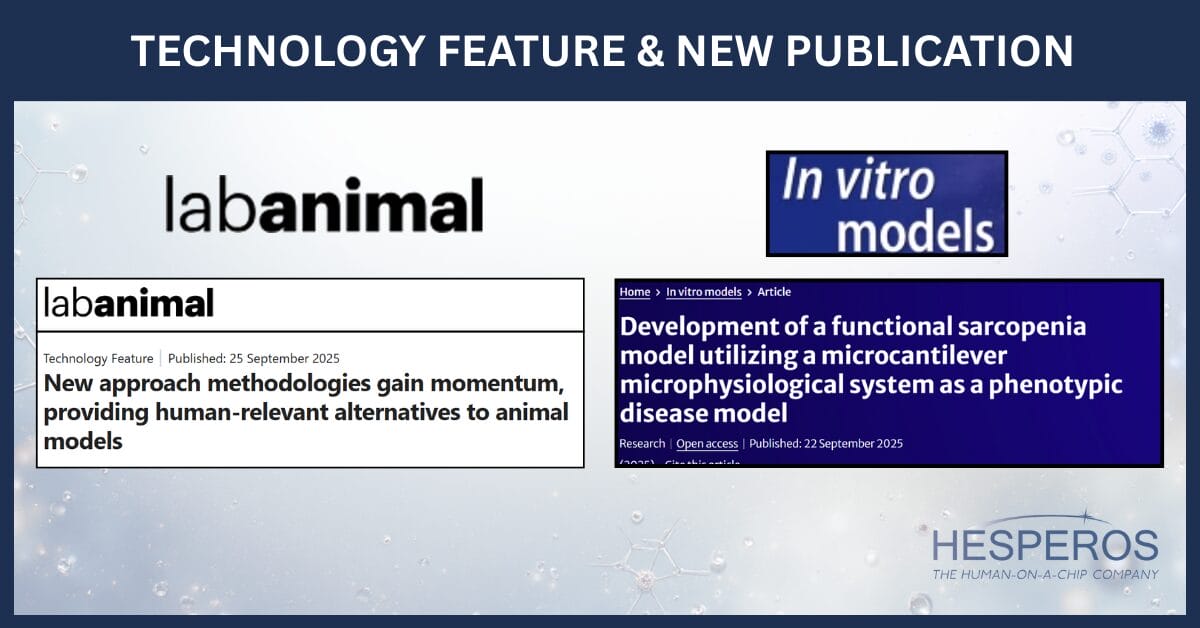Key Takeaways Hesperos aims to accelerate the preclinical development of Psilera’s lead compound, PSIL-006, targeting frontotemporal dementia (FTD). Press Release “Our platform offers a unique opportunity to assess the compound’s effects on neural tissues derived from … Read More
Highlights PharmaVoice interviewed Michael Shuler, President and Cofounder of Hesperos, and Lawrence Florin, CEO of Hesperos, along with other pharma leaders, about the future of New Approach Methodologies (NAMs) They discussed the recent pronouncements from … Read More
“For decades, our biomedical research system has relied heavily on animal models. With this initiative, NIH is ushering in a new era of innovation… This human-based approach will accelerate innovation, improve healthcare outcomes, and deliver life-changing … Read More
“This impressive achievement underscores Hesperos’ innovative Human-on-a-Chip organ system technology that provides drug and (other medical product) developers more informative results about their products, more quickly and at lower cost than conventional animal testing. This validation … Read More
Highlights Human IPSC-Derived PreBötC-Like Neurons and Development of an Opiate Overdose and Recovery Model, published in 2023 by Hesperos in Advanced Biology, has been recognized as a top viewed article in the journal.The study describes the … Read More
The U.S. Food and Drug Administration announced a Roadmap to Reducing Animal Testing in Preclinical Safety Studies by leveraging more effective, human relevant methods including technologies like our Human-on-a-Chip! This exciting announcement outlines a 3-year strategic … Read More
Our team had the privilege of the Society of Toxicology (SOT) Annual Meeting and ToxExpo 2025 March 16-20th. SOT brought experts in the field of toxicology together for five days of scientific sessions, poster presentations, and … Read More
“[This] is a demonstration of how these novel technologies can be leveraged to develop a new treatment paradigm – moving away from the one-treatment-fits-all perspective and towards the development of personalized medicines,” Mihael H. Polymeropoulos, M.D., … Read More





